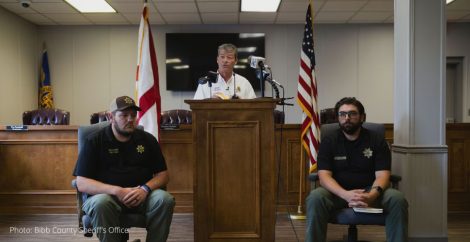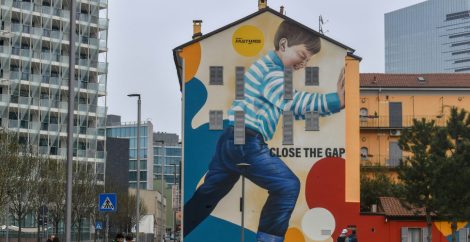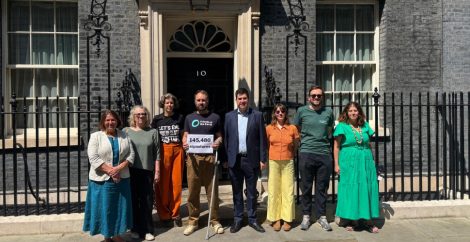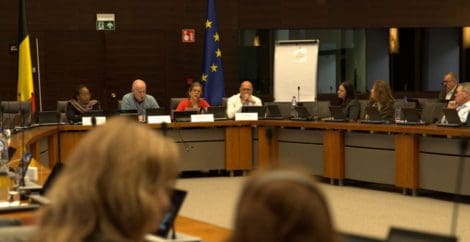Faced with the horrific news of child sex trafficking ahead of World Day Against Human Trafficking this Wednesday, I am reflecting on the desperate need for change. This week police in Bibb County, Alabama arrested three more people in connection to a child sex trafficking ring discovered earlier this year, bringing the total arrested to seven. Police warn of “more suspects and more victims” to be found. The power of awareness Prosecutions of the perpetrators and strong penalties are an essential part of justice for survivors of all forms of trafficking. But it is not the only
Speak free
What we're talking about right now.
Rebuilding in Uncertainty: Survivor Leadership as our New Foundation
Written by Minh Dang, Co-Founder and Executive Director of Survivor Alliance, and Lena Sinha, inaugural Director of The Life Story Introduction The progress we have made toward institutionalizing survivor leadership is at risk. For decades, a robust, multidisciplinary community worked to build organizations and systems that respond to human trafficking and exploitation—creating pathways to safety, stability, and healing. Although we may not always recognize it, survivors have driven this progress, challenging systems to be more just, more effective, and more compassionate. Survivors
“Exploitation is no picnic”: Delivering your ask for corporate accountability to the UK government
As families across the UK dig out their blankets and baskets during National Picnic Week, Freedom United with the Corporate Justice Coalition is serving a different kind of meal to 10 Downing Street and the Department of Business and Trade: a symbolic “hamper of harms”. Why? Because exploitation is no picnic. From exploitative child labor in cobalt mines powering electric cars, to Uyghur forced labor in the cotton woven into our clothes, to the poverty wages behind the tea in our mugs and the berries on our plates—harm to people and the planet is embedded within everyday goods
Addressing modern slavery through the rescue model
“When someone is in trouble, the hope is that they will be rescued.” Right? When academic Dr Pankhuri Agarwal wrote this statement in The Conversation, she was in fact exposing that her modern slavery research contradicts this long-held belief.[1] A quick search will show countless nonprofits around the world leading with a rescue model. That’s to say their approach is to find people living in conditions of modern slavery and pay their “slave-holder” for their release, often appealing for donations in the process. Examples of rescue model nonprofits include the controversial
Europe’s Anti-Slavery Forum links economy to continued exploitation
The role of business and our economic system in perpetuating modern slavery received unprecedented attention from anti-trafficking experts last week. Speakers from nonprofits, business and government joined together at the 2025 Europe Freedom from Slavery Forum, organized by Free The Slaves and hosted by the Belgian Ministry of Foreign Affairs. Increasing supply chain transparency is important. However during the event it was clear that it has failed to reduce extreme exploitation, which instead is on the rise. I witnessed, for the first time, multiple panellists highlighting the







-
Follow us on Facebook
5.6M
-
Follow us on Twitter
32K
-
Follow us on Instagram
8K
-
Subscribe to our Youtube
5.7K
Donate